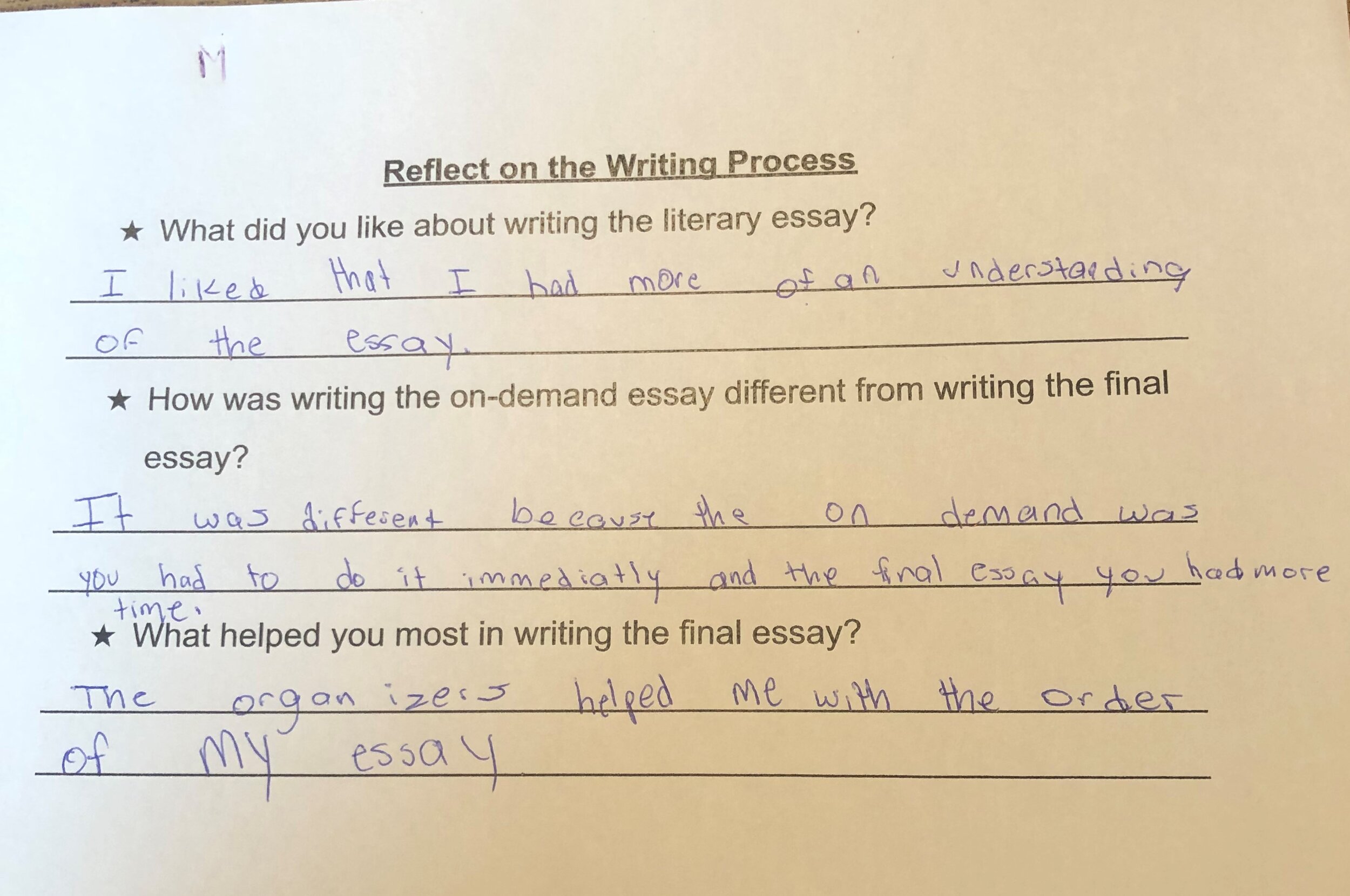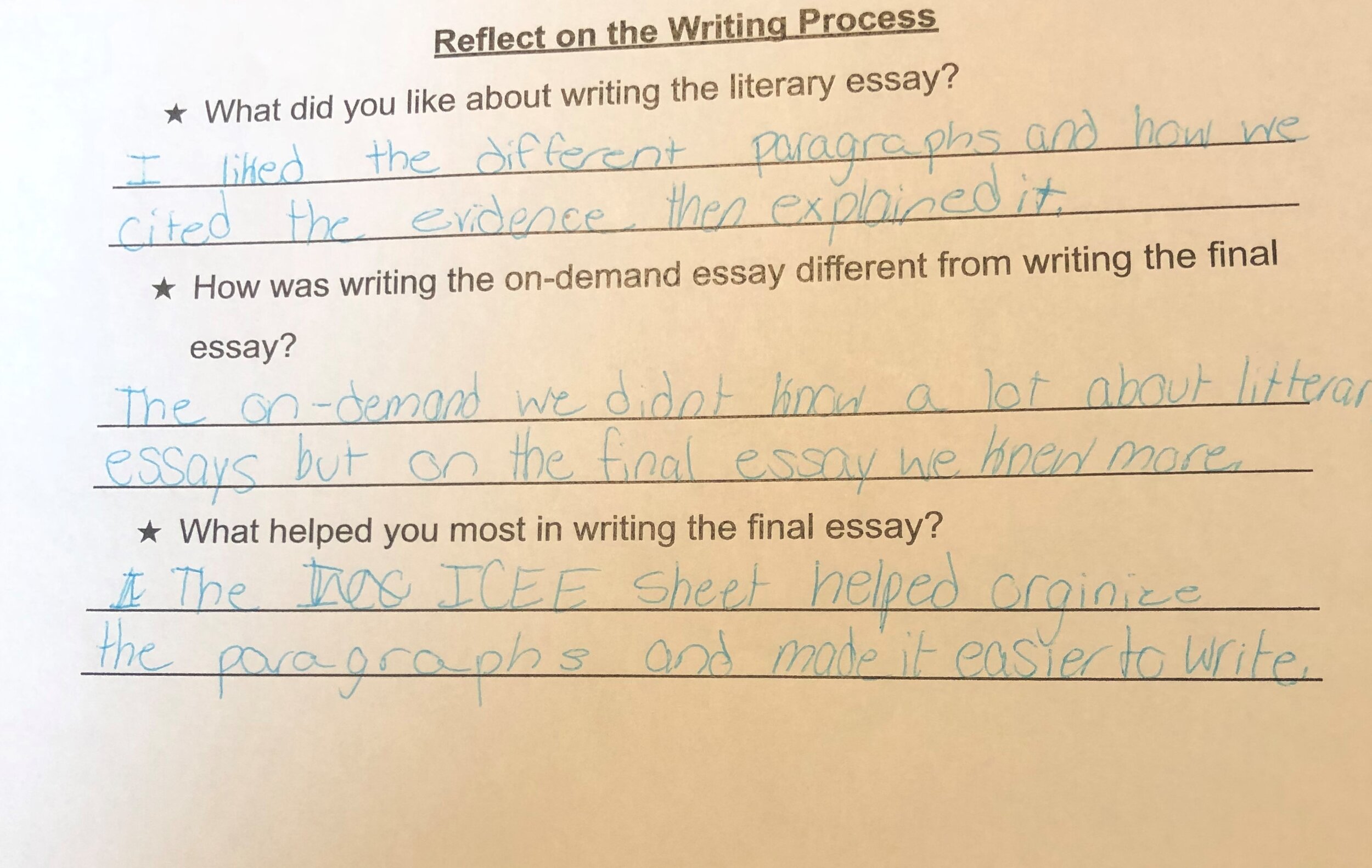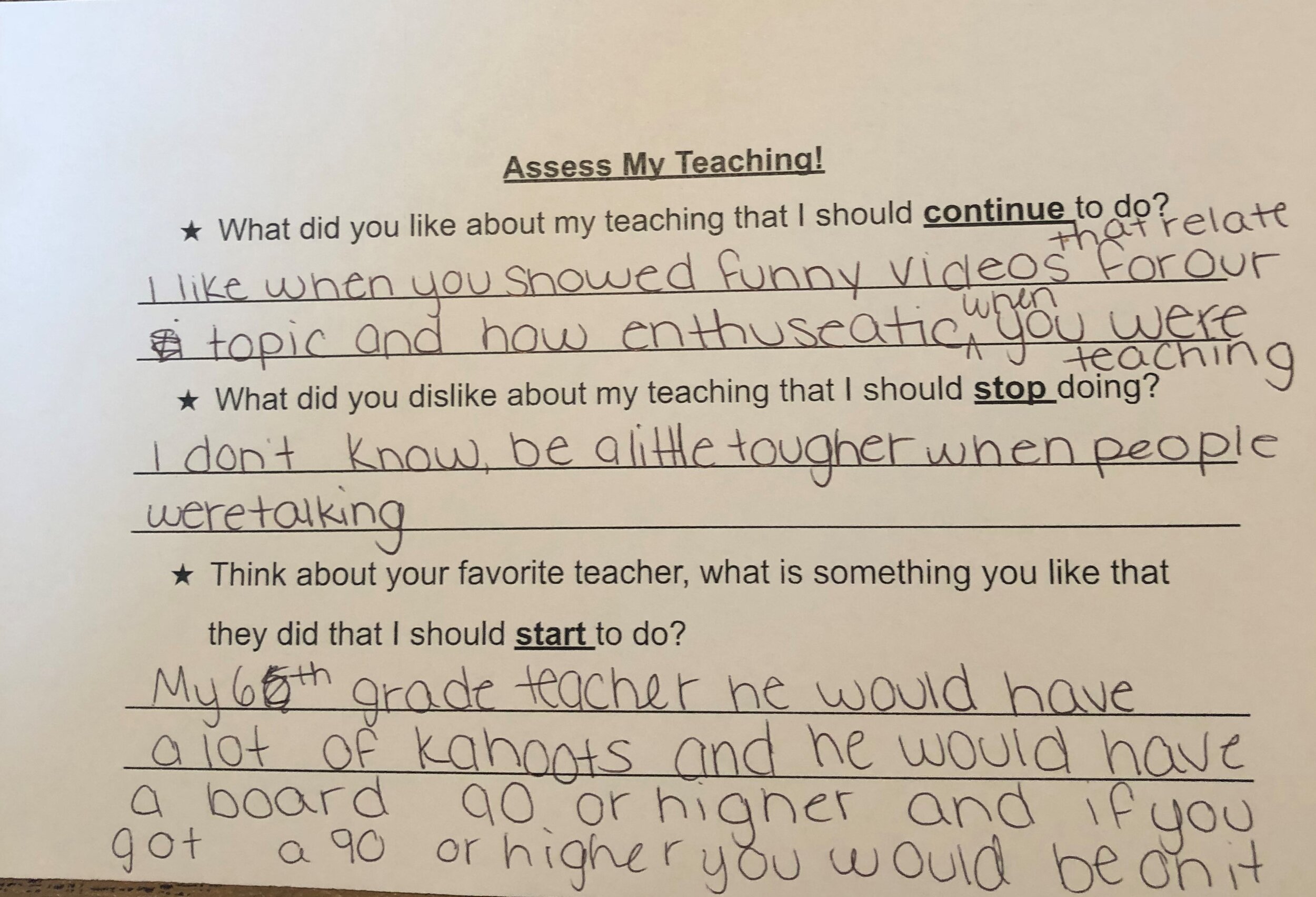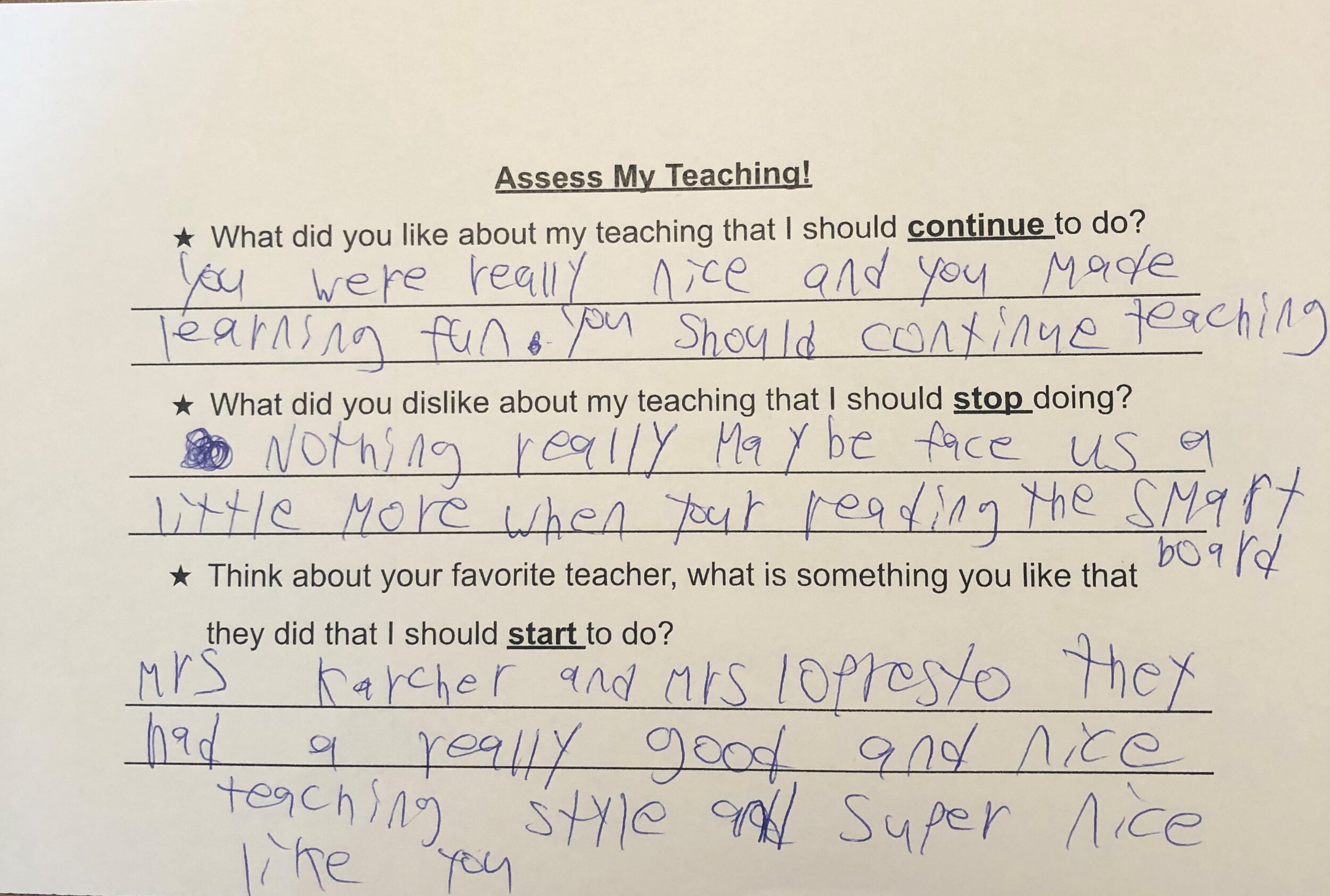
“I am not a teacher, but an awakener.”
-Robert Frost
All students deserve access to quality education, regardless of race, ethnicity, native language, learning ability, or status. An educator’s role is to cultivate a culturally responsive and brave classroom where all students feel empowered and encouraged to learn. It is essential to create an environment where students can connect with the content by building on their own experiences, as emphasized by Dewey (1859-1952). This approach supports students throughout their lives, teaching them to think critically and solve problems effectively. By fostering a classroom where students are free to explore their ideas and opinions, we lower their affective filter, making them more receptive to learning (Krashen, 1982). In this environment, both teachers and students learn to be reflective and collaborative, enriching their educational journey.




